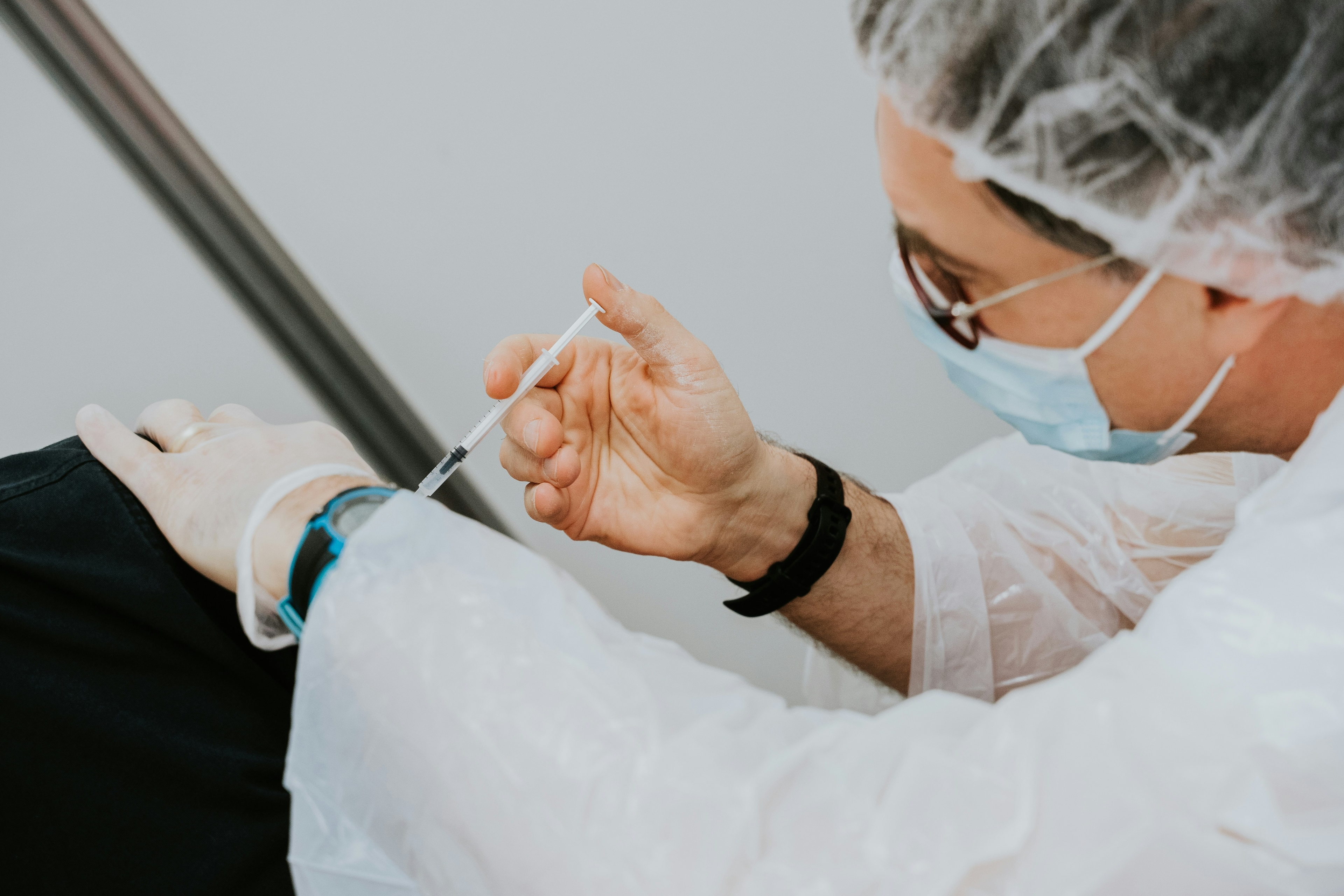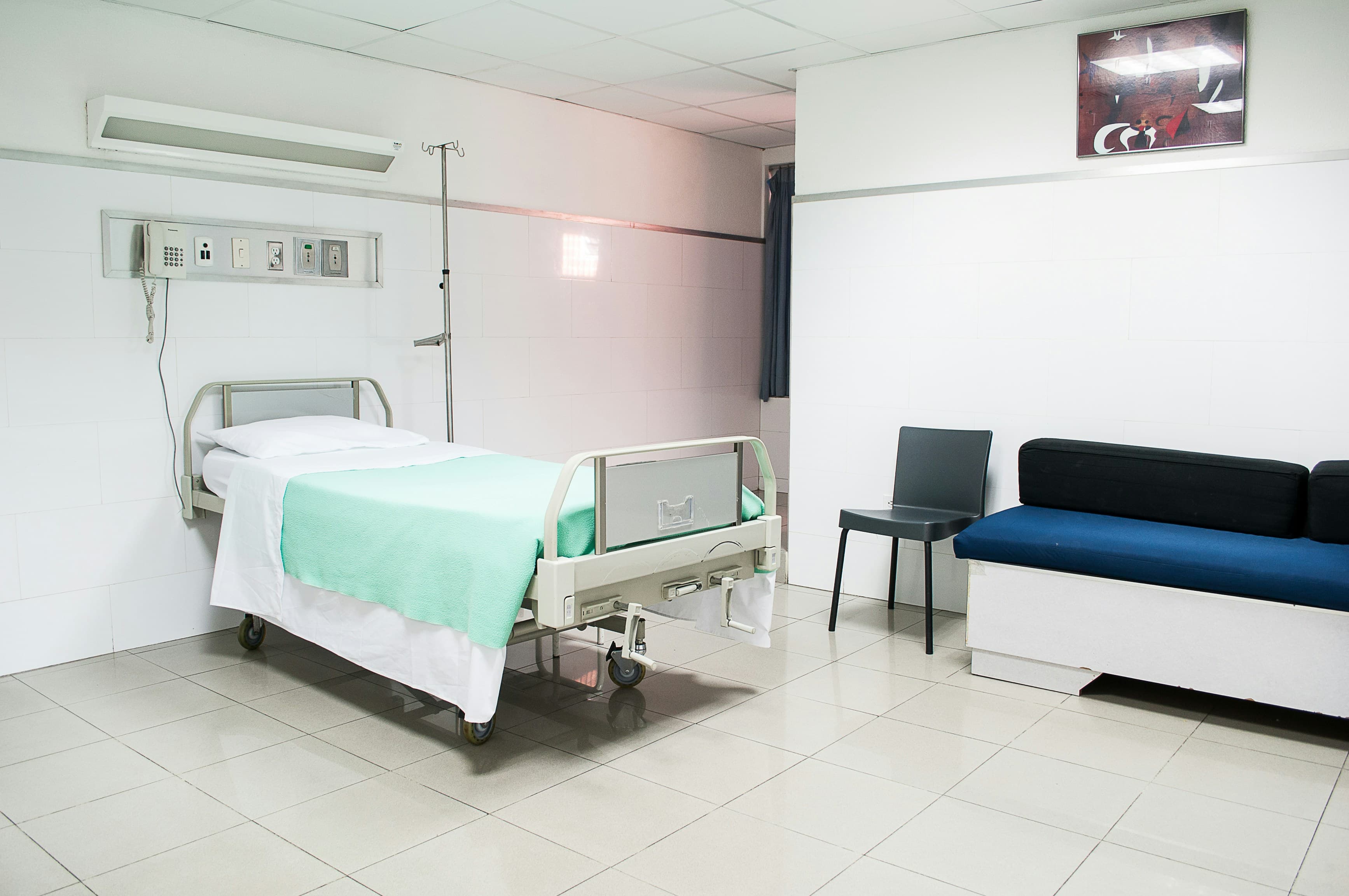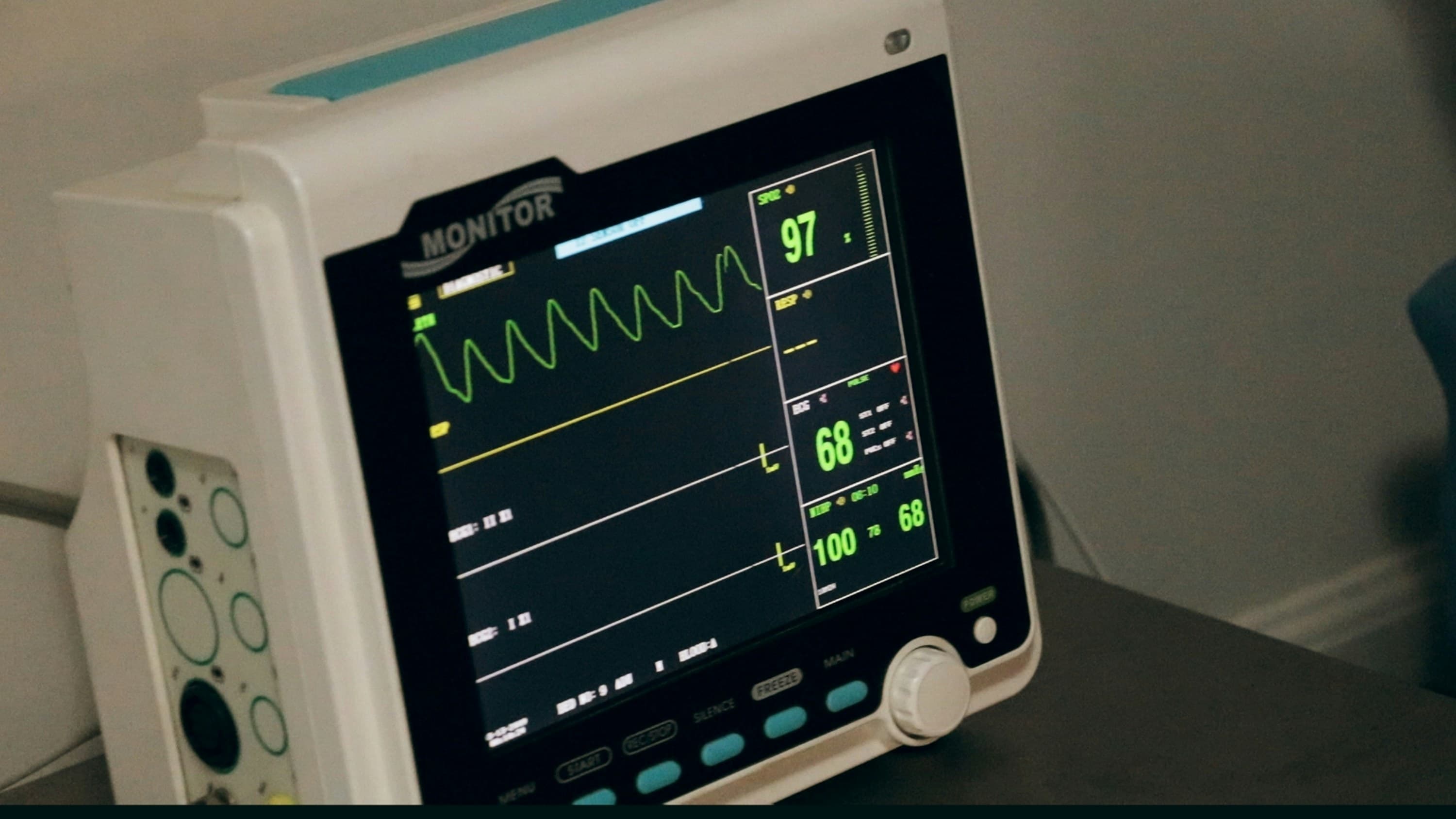
Before putting down your suitcases in Portugal, vaccines, mosquitoes & other medical delights
So that’s it, you’ve decided to drop everything for the Portuguese sunshine, grilled sardines and 80-cent coffee. Excellent choice. But before you picture yourself sipping your vinho verde on a Lisbon terrace, there’s a small detail you’d better not skip: your health. Yes, I know, it’s less sexy than the cliffs of the Algarve, but trust me, it’s better to take care of your vaccines before they take care of you.
Mandatory vaccines (and those that are highly recommended)
Let’s start with the good news: no vaccine is mandatory to enter or settle in Portugal. No jab at the airport, no sci-fi-style health check.
But… (because there’s always a “but”)… some basic vaccines are strongly recommended, especially if you plan to stay for a while or wander off the beaten track.
Here’s the health checklist for the new Portuguese expat. Universal vaccination up to date — diphtheria, tetanus, poliomyelitis (the famous DTP). If your last booster dates back to the Walkman era, it’s time to get another one. Whooping cough and hepatitis B, included in the basic vaccination schedule, but double-check anyway because whooping cough isn’t just a funny name. Measles, mumps, rubella (MMR), if you were born before the 1980s, you might need a little catch-up. Hepatitis A, recommended if you plan to eat everywhere, all the time (and you will, don’t lie). A bad-tempered oyster or a dodgy petisco can quickly ruin your stay. Typhoid fever, mostly for those staying long term or living in the countryside, but you never know.
In short, a quick visit to your doctor before you leave, a dusted-off vaccination record, and you’re ready to face the world (or at least the café terrace around the corner).
Portugal isn’t a tropical jungle (but sometimes it almost is)
We tend to imagine that Europe is calm when it comes to creepy-crawlies. And generally, that’s true. But in recent years, the tiger mosquito has decided it wanted holidays in Portugal too.
So a few cases of local dengue in the south of the country, especially in the Algarve region and Madeira (dengue has good taste, it likes beautiful places) have been reported.
Moral of the story => Take a strong repellent (the one that smells a bit like napalm, yes), wear long clothes in the evening and avoid turning yourself into an open-air buffet at sunset.
For the rest, no malaria, no yellow fever, no killer snakes: just a bit of common sense and an anti-mosquito spray, and you should survive.
Portuguese sun, bliss or heatstroke?
The real danger here isn’t rabies (although it still exists, a little, among some wild animals), but the sun. Portugal isn’t just “hot”, it’s “melt-your-face hot” in summer.
You think your tan will be stunning, but in reality, you’ll mostly discover the shade “rosy lobster” and the joys of Biafine cream.
A few survival rules: use SPF 50 sunscreen, non-negotiable, a hat (even if you think it’s lame) and stay hydrated, because Super Bock doesn’t count.
And beware, the sun burns even when the wind blows: it’s actually Portugal’s number-one trick. You don’t feel it, but you’re roasting. And I assure you, I got burnt in April, under a very shy sun. The worst sunburns of my life.

© ethan robertson - unsplash
Doctors, hospitals and little aches and pains
You’ll be glad to know that the Portuguese healthcare system is quite good — a bit slower than in France sometimes, but efficient.
Basic care is accessible, and if you’re a European citizen, you can use your European Health Insurance Card (EHIC) to get treated without going broke.
But to settle down for good, think about taking out local or international health insurance (public waiting times can be long), and choosing a family doctor as soon as you have your Portuguese social security number.
And for minor ailments? Portuguese pharmacies are institutions. You’ll spot the flashing green crosses on every street corner. The pharmacist will happily recommend a spray, an ointment or a miracle herbal tea, all with a smile and a charming accent.
Food, water and other digestive adventures
Good news: tap water is drinkable throughout the country. No need to lug around packs of bottled water as if you were going on an expedition.
As for food, Portugal is a paradise for food lovers, but beware, there are a few traps: seafood is excellent, but sometimes a bit cheeky. Avoid oysters in the height of summer; hearty dishes (feijoada, cozido, bacalhau com natas…) are delicious, but watch out for cholesterol and the mandatory post-meal nap. And finally, the coffee is so strong it could bring a statue back to life — go easy at first.
Little health bonuses, the things you don’t think about
Allergies? Portugal is also the land of pollen and olive trees. If you’re the type to sneeze just by looking at a flower, pack your antihistamines.
Pets: if you’re coming with your cat or dog, you’ll need a European pet passport, a microchip and up-to-date vaccines (including rabies).
Flu shot: useful if you’re staying over winter — Portuguese houses aren’t always very well insulated, and a chill can catch you quickly.
So it’s easy to go to and stay in Portugal!
Settling in Portugal is a sunny, deliciously relaxed adventure. But behind the charm of the azulejos and the sunsets, there’s one reality: your body has to keep up.
A quick check-up, a few vaccine boosters, a loyal mosquito repellent and a good sunscreen, and you’re ready to live your best Lusitanian life.
And honestly, between us, better a little jab in France than a big hassle in Faro hospital in the middle of August, right?
L.R.
Share this article
Suggested articles

Private Clinics: Standards and Prices
If there is one area where Portugal quietly excels, it is private healthcare. The country has successfully combined high-quality care, modern technology, and genuine hospitality, creating a model appreciated by both locals and foreign residents. Faced with delays in the public system and the growth of medical tourism, private clinics are booming, particularly in Lisbon, Porto, and Faro.

Health Insurance for Expats: Options and Costs
Moving to Portugal is, for many, the fulfillment of a dream. Sunshine, the sea, gastronomy, and quality of life attract thousands of expats every year. But before diving into the calm rhythm of Portuguese life, one essential question arises: how to ensure proper healthcare coverage?

Portuguese healthcare system : public vs private
You might have just settled in Portugal, sunglasses on, pastel de nata in hand, and suddenly think, “Okay, but what happens if I get sick ?”. Take a deep breath (it’s going to be fine), let’s break it all down together, clearly, simply, and without boring you (promise !). Here’s what you need to know about the Portuguese healthcare system, both public and private, what’s great about it, and what to keep in mind.

How to get your número de utente (Portuguese health user number)
If you plan to live in Portugal for more than a few weeks (or even a few months), there’s one phrase you’ll hear sooner rather than later : “número de utente.” It’s also called the “SNS number.” This is your personal ID within the Portuguese public healthcare system (Serviço Nacional de Saúde). Without it, you’re basically a “medical tourist.” With it, you’re officially part of the system you can book appointments at your local centro de saúde (public health center), see a family doctor, go to the ER, and get billed like a local resident. In short, it’s your ticket to public healthcare. So yes, it’s important ! And good news : getting it is totally doable even if Portuguese bureaucracy has a deep love for… paperwork. Lots of paperwork !

Portuguese Pharmacies: A Local Service
In Portugal, the pharmacy is much more than a simple place to buy medicine. It’s a space of trust, a point of reference in daily life, a place where advice, attention, and proximity meet. In both big cities and remote villages, Portuguese pharmacies play a key role in healthcare and in the human connection between professionals and the community.

Medical Emergencies in Portugal: Numbers and How It Works
Falling ill or getting injured abroad is one of those situations no one wants to face. However, thanks to its solid healthcare system and well-trained teams, Portugal handles medical emergencies with professionalism and speed. Whether you are a tourist, an expat, or simply passing through, knowing the right numbers and how the emergency network works can make all the difference.


